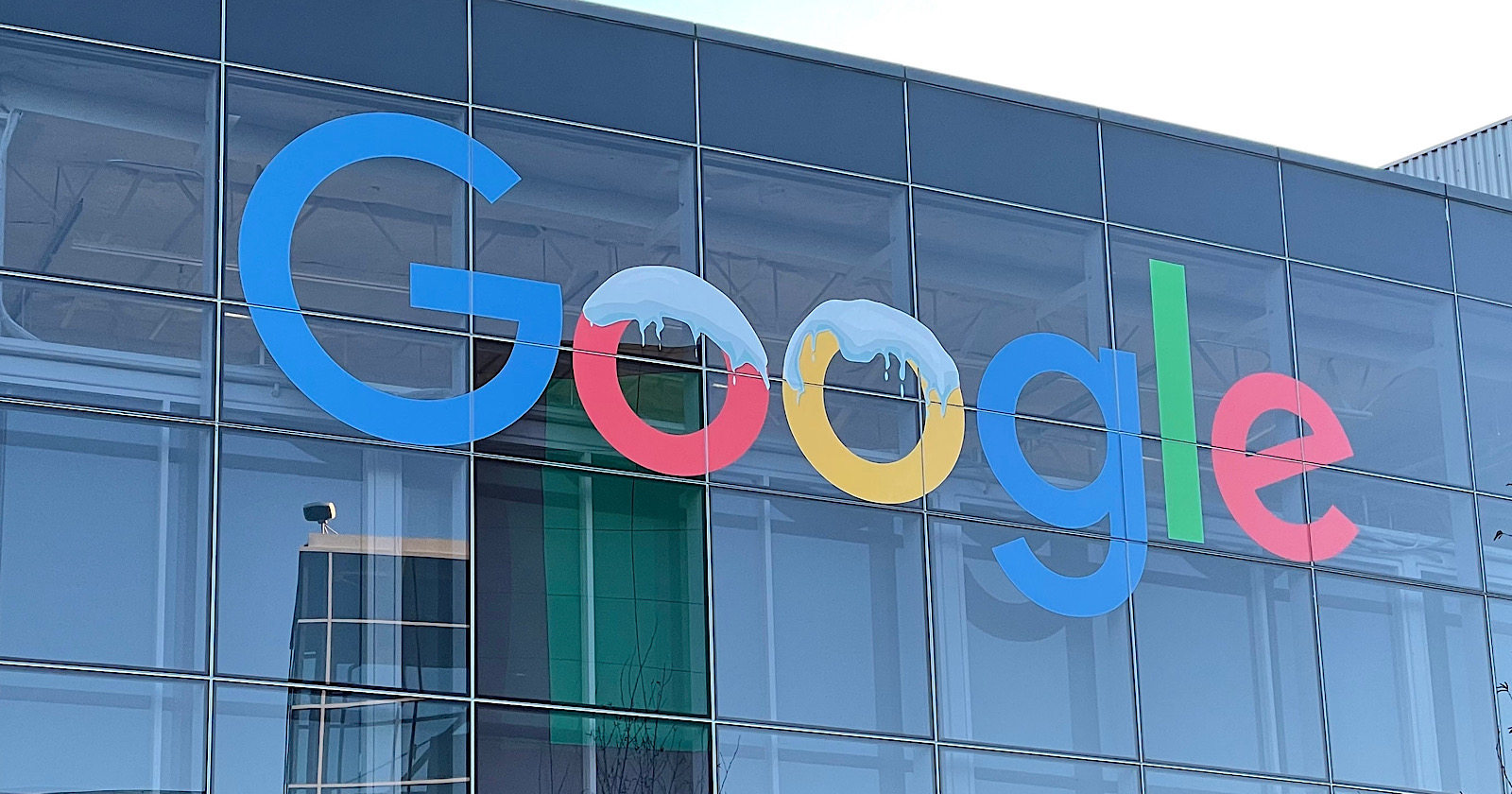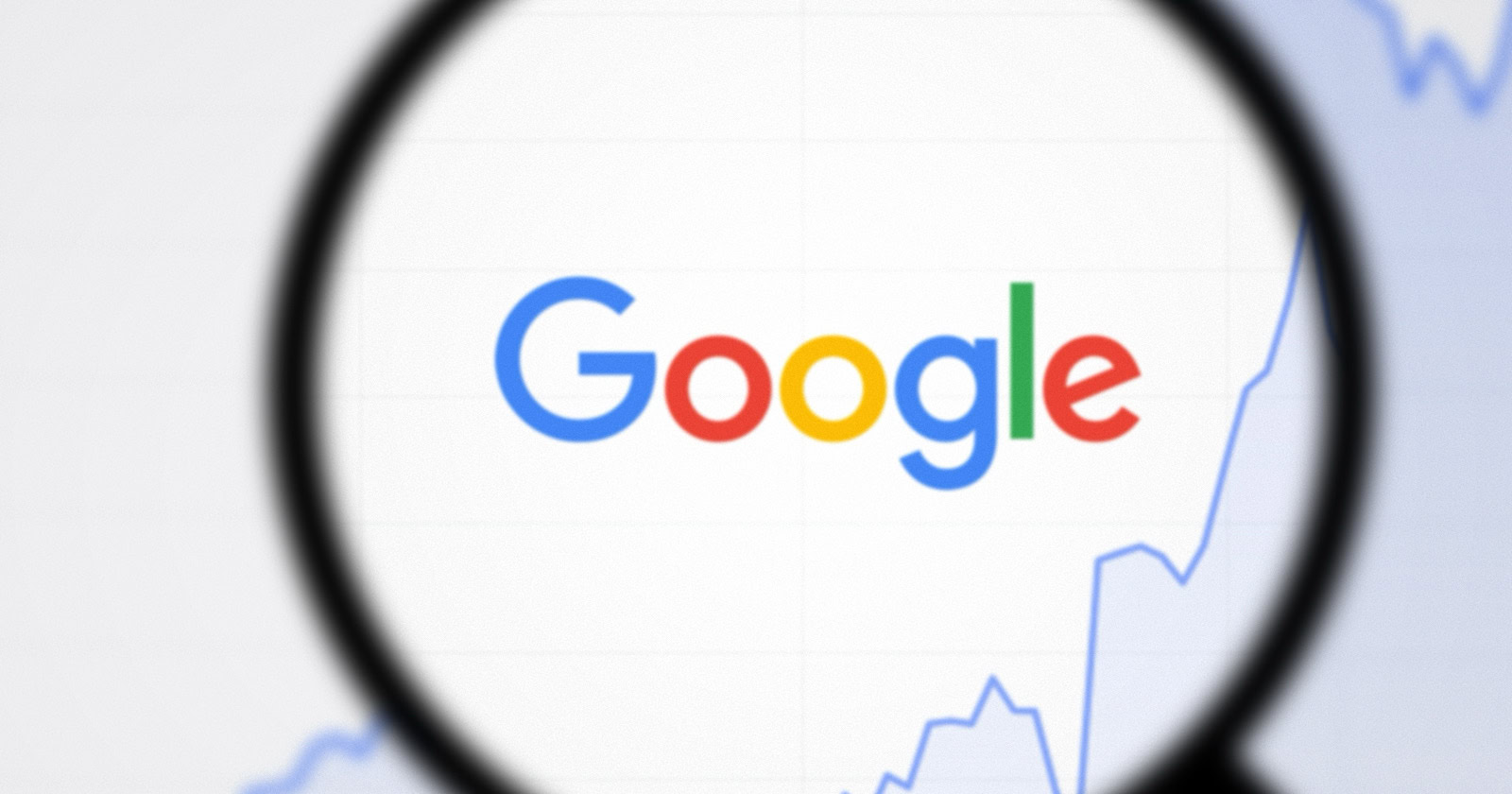Google Adds 12 New Types of Manual Action Penalties
Google has 12 new types of manual action penalties which involve violations of Google News and Google Discover policies.

Google has 12 new types of manual action penalties which involve violations of Google News and Google Discover policies.
This marks the first time a website could potentially receive a manual penalty for violations of News and Discover policies. Previously, manual actions were limited to violations of Google Search.
That’s not to say Google hasn’t been enforcing its policies around News and Discover. It has – but up to this point enforcement has been automated.
A manual penalty, unlike an automated penalty, is issued by a human reviewer at Google. The penalty is applied after the reviewer determines the site is not in compliance with Google’s guidelines.
Traditionally, a manual penalty results in pages or sites being ranked lower in Google Search. It’s unclear what the repercussions will be when hit with a manual penalty for violating Google News and Google Discover policies.
Google’s help page doesn’t state whether the pages will be demoted/removed only from Discover and News, or if the penalty will extend to Google Search as well.
Regardless, it’s in every site owner’s best interests to avoid these penalties. Manual actions are the most serious of all Google penalties and take serious effort to recover from.
With that said, let’s look at the 12 new manual action penalties specific to Google News and Discover.
Google News & Google Discover Manual Actions
Some of Google’s new manual penalties are specific to News, some are specific to Discover, and some involve News and Discover.
Google News Penalties
The one manual penalty specific to Google News is for violation of the transparency policy.
A site may be found in violation of this policy if it appears in Google News and does not provide clear dates and bylines, as well as information about authors, the publication, the publisher, company or network behind it, and contact information.
Google Discover Penalties
There are two manual penalties specific to Google Discover. They include:
- Adult-themed content: Google has detected content that contains nudity, sex acts, sexually suggestive activities, or sexually explicit material.
- Misleading content: Google has detected content that appears to mislead users by promising a topic or story which is not reflected in the content.
Google News and Google Discover Penalties
There are nine manual penalties for violations of policies shared between Google News and Google Discover. They include:
- Dangerous content: Google has detected content that could cause serious and immediate harm to people or animals.
- Harassing content: Google has detected content that contains harassment, bullying, or threatening content.
- Hateful content: Google has detected content that incites hatred.
- Manipulated media: Google has detected audio, video or image content that has been manipulated to deceive, defraud, or mislead.
- Medical content: Google has detected content aimed at providing medical advice, diagnosis or treatment for commercial purposes.
- Sexually explicit content: Google has detected content that contains explicit sexual imagery or videos primarily intended to cause sexual arousal.
- Terrorist content: Google has detected content that promotes terrorist or extremist acts, including recruitment, inciting violence, or celebrating terrorist attacks.
- Violence and gore content: Google has detected content that incites or glorifies violence. Google does not allow extremely graphic or violent materials for the sake of disgusting others.
- Vulgar language and profanity: Google has detected content that contains gratuitous obscenities or profanities.
Recovering From a Manual Action Penalty
Recovering from a manual action is possible, but it takes work. When Google issues manual penalties it sends a message to the site owner via Search Console.
The Search Console message will contain detailed information on how to recover from the penalty. Recovery will usually consist of removing the offending content and submitting a reconsideration request.
For more information, consult these best practices for writing reconsideration requests that work.
Source: Search Console Help
Google Warns About Misuse of Its Indexing API

Google has updated its Indexing API documentation with a clear warning about spam detection and the possible consequences of misuse.
Warning Against API Misuse The new message in the guide says:
“All submissions through the Indexing API are checked for spam. Any misuse, like using multiple accounts or going over the usage limits, could lead to access being taken away.”
This warning is aimed at people trying to abuse the system by exceeding the API’s limits or breaking Google’s rules.
What Is the Indexing API? The Indexing API allows websites to tell Google when job posting or livestream video pages are added or removed. It helps websites with fast-changing content get their pages crawled and indexed quickly.
But it seems some users have been trying to abuse this by using multiple accounts to get more access.
Impact of the Update Google is now closely watching how people use the Indexing API. If someone breaks the rules, they might lose access to the tool, which could make it harder for them to keep their search results updated for time-sensitive content.
How To Stay Compliant To use the Indexing API properly, follow these rules:
- Don’t go over the usage limits, and if you need more, ask Google instead of using multiple accounts.
- Use the API only for job postings or livestream videos, and make sure your data is correct.
- Follow all of Google’s API guidelines and spam policies.
- Use sitemaps along with the API, not as a replacement.
Remember, the Indexing API isn’t a shortcut to faster indexing. Follow the rules to keep your access.
This Week in Search News: Simple and Easy-to-Read Update

Here’s what happened in the world of Google and search engines this week:
1. Google’s June 2024 Spam Update
Google finished rolling out its June 2024 spam update over a period of seven days. This update aims to reduce spammy content in search results.
2. Changes to Google Search Interface
Google has removed the continuous scroll feature for search results. Instead, it’s back to the old system of pages.
3. New Features and Tests
- Link Cards: Google is testing link cards at the top of AI-generated overviews.
- Health Overviews: There are more AI-generated health overviews showing up in search results.
- Local Panels: Google is testing AI overviews in local information panels.
4. Search Rankings and Quality
- Improving Rankings: Google said it can improve its search ranking system but will only do so on a large scale.
- Measuring Quality: Google’s Elizabeth Tucker shared how they measure search quality.
5. Advice for Content Creators
- Brand Names in Reviews: Google advises not to avoid mentioning brand names in review content.
- Fixing 404 Pages: Google explained when it’s important to fix 404 error pages.
6. New Search Features in Google Chrome
Google Chrome for mobile devices has added several new search features to enhance user experience.
7. New Tests and Features in Google Search
- Credit Card Widget: Google is testing a new widget for credit card information in search results.
- Sliding Search Results: When making a new search query, the results might slide to the right.
8. Bing’s New Feature
Bing is now using AI to write “People Also Ask” questions in search results.
9. Local Search Ranking Factors
Menu items and popular times might be factors that influence local search rankings on Google.
10. Google Ads Updates
- Query Matching and Brand Controls: Google Ads updated its query matching and brand controls, and advertisers are happy with these changes.
- Lead Credits: Google will automate lead credits for Local Service Ads. Google says this is a good change, but some advertisers are worried.
- tROAS Insights Box: Google Ads is testing a new insights box for tROAS (Target Return on Ad Spend) in Performance Max and Standard Shopping campaigns.
- WordPress Tag Code: There is a new conversion code for Google Ads on WordPress sites.
These updates highlight how Google and other search engines are continuously evolving to improve user experience and provide better advertising tools.
AI
Exploring the Evolution of Language Translation: A Comparative Analysis of AI Chatbots and Google Translate

According to an article on PCMag, while Google Translate makes translating sentences into over 100 languages easy, regular users acknowledge that there’s still room for improvement.
In theory, large language models (LLMs) such as ChatGPT are expected to bring about a new era in language translation. These models consume vast amounts of text-based training data and real-time feedback from users worldwide, enabling them to quickly learn to generate coherent, human-like sentences in a wide range of languages.
However, despite the anticipation that ChatGPT would revolutionize translation, previous experiences have shown that such expectations are often inaccurate, posing challenges for translation accuracy. To put these claims to the test, PCMag conducted a blind test, asking fluent speakers of eight non-English languages to evaluate the translation results from various AI services.
The test compared ChatGPT (both the free and paid versions) to Google Translate, as well as to other competing chatbots such as Microsoft Copilot and Google Gemini. The evaluation involved comparing the translation quality for two test paragraphs across different languages, including Polish, French, Korean, Spanish, Arabic, Tagalog, and Amharic.
In the first test conducted in June 2023, participants consistently favored AI chatbots over Google Translate. ChatGPT, Google Bard (now Gemini), and Microsoft Bing outperformed Google Translate, with ChatGPT receiving the highest praise. ChatGPT demonstrated superior performance in converting colloquialisms, while Google Translate often provided literal translations that lacked cultural nuance.
For instance, ChatGPT accurately translated colloquial expressions like “blow off steam,” whereas Google Translate produced more literal translations that failed to resonate across cultures. Participants appreciated ChatGPT’s ability to maintain consistent levels of formality and its consideration of gender options in translations.
The success of AI chatbots like ChatGPT can be attributed to reinforcement learning with human feedback (RLHF), which allows these models to learn from human preferences and produce culturally appropriate translations, particularly for non-native speakers. However, it’s essential to note that while AI chatbots outperformed Google Translate, they still had limitations and occasional inaccuracies.
In a subsequent test, PCMag evaluated different versions of ChatGPT, including the free and paid versions, as well as language-specific AI agents from OpenAI’s GPTStore. The paid version of ChatGPT, known as ChatGPT Plus, consistently delivered the best translations across various languages. However, Google Translate also showed improvement, performing surprisingly well compared to previous tests.
Overall, while ChatGPT Plus emerged as the preferred choice for translation, Google Translate demonstrated notable improvement, challenging the notion that AI chatbots are always superior to traditional translation tools.
Source: https://www.pcmag.com/articles/google-translate-vs-chatgpt-which-is-the-best-language-translator














You must be logged in to post a comment Login